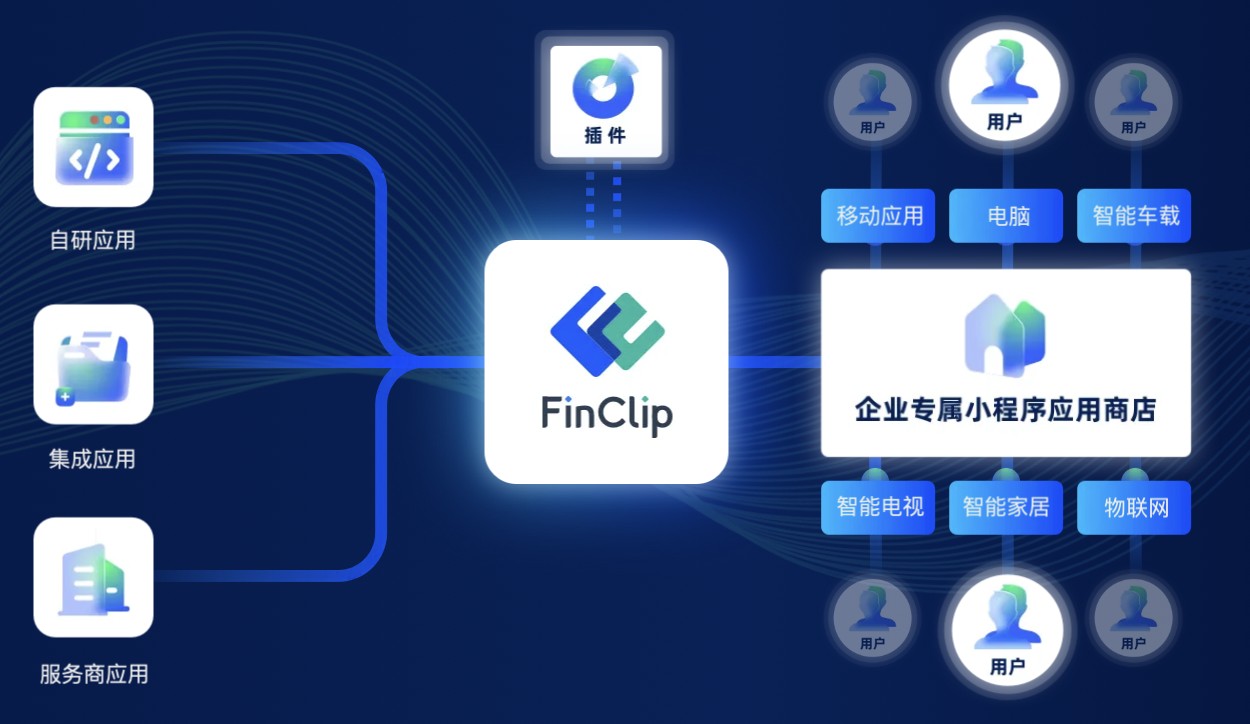国产操作系统生态圈推动信息安全与技术自主发展的新机遇
1127
2022-11-05

Springboot整合第三方登录功能的实现示例

springboot 项目的pom文件引入依赖
登录端点(controller)
import com.tarzan.cms.common.properties.SocialProperties;
import com.tarzan.cms.utils.SocialUtil;
import io.swagger.annotations.Api;
import io.swagger.annotations.ApiOperation;
import lombok.AllArgsConstructor;
import lombok.extern.slf4j.Slf4j;
import me.zhyd.oauth.model.AuthCallback;
import me.zhyd.oauth.model.AuthToken;
import me.zhyd.oauth.request.AuthRequest;
import me.zhyd.oauth.utils.AuthStateUtils;
import org.springframework.boot.autoconfigure.condition.ConditionalOnProperty;
import org.springframework.web.bind.annotation.PathVariable;
import org.springframework.web.bind.annotation.RequestMapping;
import org.springframework.web.bind.annotation.RestController;
import javax.servlet.http.HttpServletResponse;
import java.io.IOException;
/**
* 第三方登陆端点
*
* @author tarzan
*/
@Slf4j
@RestController
@AllArgsConstructor
@RequestMapping("auth")
@ConditionalOnProperty(value = "social.enabled", havingValue = "true")
@Api(value = "第三方登陆", tags = "第三方登陆端点")
public class BladeSoOEEFFxmgUocialEndpoint {
private final SocialProperties socialProperties;
/**
* 授权完毕跳转
*/
@ApiOperation(value = "授权完毕跳转(RequestMapping)")
@RequestMapping("/oauth/render/{source}")
public void renderAuth(@PathVariable("source") String source, HttpServletResponse response) throws IOException {
AuthRequest authRequest = SocialUtil.getAuthRequest(source, socialProperties);
String authorizeUrl = authRequest.authorize(AuthStateUtils.createState());
response.sendRedirect(authorizeUrl);
}
/**
* 获取认证信息
*/
@ApiOperation(value = "获取认证信息(RequestMapping)")
@RequestMapping("/oauth/callback/{source}")
public Object login(@PathVariable("source") String source, AuthCallback callback) {
AuthRequest authRequest = SocialUtil.getAuthRequest(source, socialProperties);
return authRequest.login(callback);
}
/**
* 撤销授权
*/
@ApiOperation(value = "撤销授权(RequestMapping)")
@RequestMapping("/oauth/revoke/{source}/{token}")
public Object revokeAuth(@PathVariable("source") String source, @PathVariable("token") String token) {
AuthRequest authRequest = SocialUtil.getAuthRequest(source, socialProperties);
return authRequest.revoke(AuthToken.builder().accessToken(token).build());
}
/**
* 续期accessToken
*/
@ApiOperation(value = "续期令牌(RequestMapping)")
@RequestMapping("/oauth/refresh/{source}")
public Object refreshAuth(@PathVariable("source") String source, String token) {
AuthRequest authRequest = SocialUtil.getAuthRequest(source, socialProperties);
return authRequest.refresh(AuthToken.builder().refreshToken(token).build());
}
}
工具类代码
import com.tarzan.cms.common.properties.SocialProperties;
import me.zhyd.oauth.config.AuthConfig;
import me.zhyd.oauth.config.AuthDefaultSource;
import me.zhyd.oauth.exception.AuthException;
import me.zhyd.oauth.request.*;
import java.util.Objects;
public class SocialUtil {
public SocialUtil() {
}
public static AuthRequest getAuthRequest(String source, SocialProperties socialProperties) {
http:// AuthDefaultSource authSource = (AuthDefaultSource)Objects.requireNonNull(AuthDefaultSource.valueOf(source.toUpperCase()));
AuthConfig authConfig = (AuthConfig)socialProperties.getOauth().get(authSource);
if (authConfig == null) {
throw new AuthException("未获取到有效的Auth配置");
} else {
AuthRequest authRequest = null;
switch(authSource) {
case github:
authRequest = new AuthGithubRequest(authConfig);
break;
case GITEE:
authRequest = new AuthGiteeRequest(authConfig);
break;
case OSCHINA:
authRequest = new AuthOschinaRequest(authConfig);
break;
case QQ:
authRequest = new AuthQqRequest(authConfig);
break;
case WECHAT_OPEN:
authRequest = new AuthWeChatOpenRequest(authConfig);
break;
case WECHAT_ENTERPRISE:
authRequest = new AuthWeChatEnterpriseRequest(authConfig);
break;
case WECHAT_MP:
authRequest = new AuthWeChatMpRequest(authConfig);
break;
case DINGTALK:
authRequest = new AuthDingTalkRequest(authConfig);
break;
case ALIPAY:
authRequest = new AuthAlipayRequest(authConfig);
break;
case BAIDU:
authRequest = new AuthBaiduRequest(authConfig);
break;
case WEIBO:
authRequest = new AuthWeiboRequest(authConfig);
break;
case CODING:
authRequest = new AuthCodingRequest(authConfig);
break;
case CSDN:
authRequest = new AuthCsdnRequest(authConfig);
break;
case TAOBAO:
authRequest = new AuthTaobaoRequest(authConfig);
break;
case GOOGLE:
authRequest = new AuthGoogleRequest(authConfig);
break;
case FACEBOOK:
authRequest = new AuthFacebookRequest(authConfig);
break;
case DOUYIN:
authRequest = new AuthDouyinRequest(authConfig);
break;
case LINKEDIN:
authRequest = new AuthLinkedinRequest(authConfig);
break;
case MICROSOFT:
authRequest = new AuthMicrosoftRequest(authConfig);
break;
case MI:
authRequest = new AuthMiRequest(authConfig);
break;
case TOUTIAO:
authRequest = new AuthToutiaoRequest(authConfig);
break;
case TEAMBITION:
authRequest = new AuthTeambitionRequest(authConfig);
break;
case PINTEREST:
authRequest = new AuthPinterestRequest(authConfig);
break;
case RENREN:
authRequest = new AuthRenrenRequest(authConfig);
break;
case STACK_OVERFLOW:
authRequest = new AuthStackOverflowRequest(authConfig);
break;
case HUAWEI:
authRequest = new AuthHuaweiRequest(authConfig);
break;
case KUJIALE:
authRequest = new AuthKujialeRequest(authConfig);
break;
case GITLAB:
authRequest = new AuthGitlabRequest(authConfig);
break;
case MEITUAN:
authRequest = new AuthMeituanRequest(authConfig);
break;
case ELEME:
authRequest = new AuthElemeRequest(authConfig);
break;
case TWITTER:
authRequest = new AuthTwitterRequest(authConfig);
}
if (null == authRequest) {
throw new AuthException("未获取到有效的Auth配置");
} else {
return (AuthRequest)authRequest;
}
}
}
}
登录配置类
import com.google.common.collect.Maps;
import lombok.Data;
import me.zhyd.oauth.config.AuthConfig;
import me.zhyd.oauth.config.AuthDefaultSource;
import org.springframework.boot.context.properties.ConfigurationProperties;
import java.util.Map;
@Data
@ConfigurationProperties(prefix = "social")
public class SocialProperties {
private Boolean enabled = false;
private String domain;
private Map
private Map
}
application.yml配置 以gitee为例
social:
enabled: true
domain: http://127.0.0.1
oauth:
QQ:
client-id: xxx
client-secret: xxx
redirect-uri: http://127.0.0.1:8443/oauth/gitee/callback
WECHAT_OPEN:
client-id: xxxxxx
client-secret: xxxxxx
redirect-uri: http://127.0.0.1:8443/oauth/baidu/callback
GITEE:
client-id: 5b693811f8229e38146f2c482e3f4e4dfbdf2b496d494698b6308d6f35dcb2e0
client-secret: 428ff220b5aa5704c55a8cf91f13aa4466258a6e7c357c7e30a5bca1d1cbe4e2
redirect-uri: http://127.0.0.1/auth/oauth/callback/GITEE
gitee开放平台创建应用配置
请求地址
http://127.0.0.1/auth/oauth/render/gitee
跳转gitee登录
登录后,自动回调,获取用户信息
更多平台的集成教程请看
QQ登录 | JustAuth
版权声明:本文内容由网络用户投稿,版权归原作者所有,本站不拥有其著作权,亦不承担相应法律责任。如果您发现本站中有涉嫌抄袭或描述失实的内容,请联系我们jiasou666@gmail.com 处理,核实后本网站将在24小时内删除侵权内容。
发表评论
暂时没有评论,来抢沙发吧~